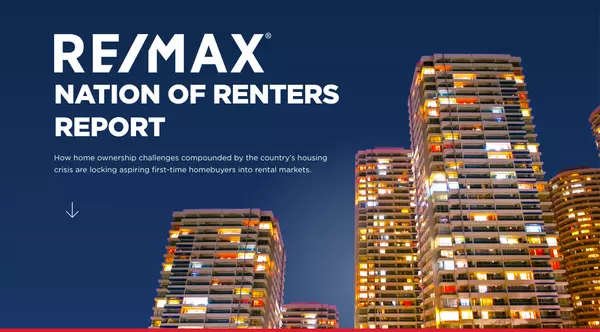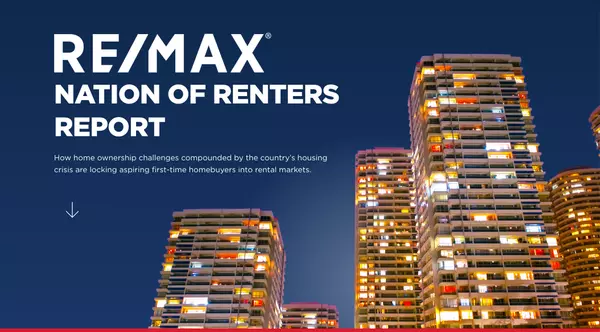Canadian Real Estate: What to Know Before You Buy
There’s no denying that Canadian real estate is valued, on many different levels. Owning is a way to plant roots, create security and build wealth. In fact, investing in the housing market how many of the world’s richest people have earned their fortunes, and it’s how many Canadians finance their retirement or build generational wealth.
Ultimately, the decision to buy a home is a very personal one that depends on a number of factors, such as your financial fitness, your lifestyle and your future plans. The good news is, professional real estate agents, mortgage brokers and real estate lawyers are there to advise you as you dive in. Here are some important things to consider, to help get you thinking about whether buying a home in the current Canadian real estate market is right for you.
5 Questions to Ask Before Buying Canadian Real Estate
Can I afford to buy Canadian real estate?
Buying real estate involves up-front costs, which can include things like your deposit, down payment, home inspection and appraisal fees, property insurance, land transfer tax, title insurance, legal fees and moving expenses. Click here to explore the cost of home ownership.
Then, there are ongoing costs that include property tax, regular maintenance, condo fees if you choose this type of property, and utilities. If you’re saving some money up-front by buying a fixer-upper, you’ll also need to also factor in renovation costs at some point.
Here are some strategies to spend less, and save more.
Do I have too much debt?
When buying real estate, most people will take on a mortgage. Lenders evaluate your costs versus income to determine your qualification. Your Gross Debt Service ratio is your housing costs (mortgage principal and interest + property taxes + heat + 50% of your condo fees, if applicable) divided by your pre-tax income. According to Canada Mortgage and Housing Corp., your GDS ratio should be 39% or less.
Then, lenders look at your Total Debt Service ratio: all debt (GDS + car payments + alimony + other loans + the remaining 50% of your condo fees) divided by your pre-tax income. CMHC says your TDS ratio should be less than 44%.
Click HERE for to calculate your GDS and TDS.
Am I secure in my job?
Think about this honestly. Is business bustling? Is the industry in a growth period or is it on the decline? Are you comfortable with the hefty and lengthy financial commitment of home ownership?
Speak to your supervisor to get some additional insight. Mortgage lenders like to see stable employment, and you’ll need to provide proof of income in the form of an employment letter or current pay stub, your position and length of employment, and if you’re self-employed, Notices of Assessment from the Canada Revenue Agency for the past two years.
Click HERE to find out what else mortgage lenders look for.
Am I sticking around?
Buying real estate has historically proven to be a good long-term investment. Ask your parents how much they paid for their home 30 years ago, and compare that to current market value. Changed are, their investment has grown. On the other hand, a quick sale can mean financial losses if the home’s appreciation doesn’t surpass closing costs, which are estimated at 1.5% to 5% of a home’s value.
Typically, the magic number to stay in the home before putting it back on the market is five years – hence the five-year plan.
Do I even want to own a home?
People invest in the Canadian real estate market for a slew of different reasons. For homeowners, this is a method of forced savings for retirement and future generations, while also fulfilling the basic need of providing shelter. It’s also a great source of pride for many. Picture yourself in five years. Do you plan to relocate at some point? Where will you work? What’s your family structure? Then, consider how home ownership fits into the bigger picture.
If you’re ready to dive into home ownership, a RE/MAX agent can help you find a great neighbourhood, and a place to call “home.”
The post Canadian Real Estate: What to Know Before You Buy appeared first on RE/MAX Canada.
Categories
Recent Posts











